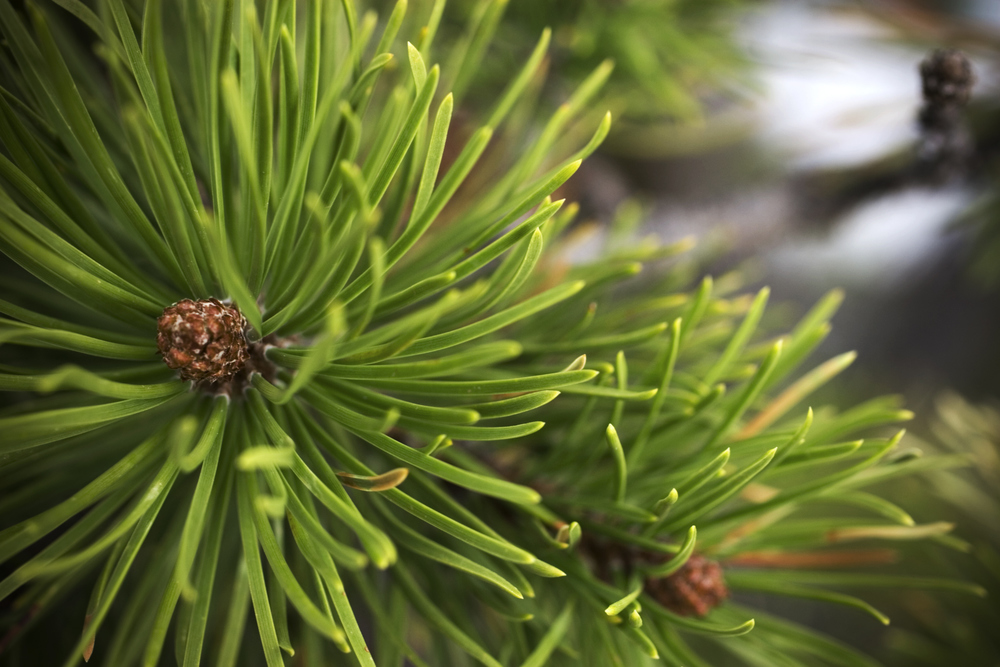It’s no secret that we live in a world filled with toxins. Chemicals that sneak into our food, our environment and our bodies. These unwelcome foreigners accumulate over time creating havoc in our systems, affecting our health on a cellular level, disrupting our hormones and increasing our risk of cancer and autoimmune disorders. Our bodies store toxins in fat, so the less nasties you are carrying in your body the less fat you “need” to do store them in, so the easier it becomes to lose weight.
I am fortunate enough to be particularly chemical sensitive, so have learned what my own body can’t tolerate. This makes it essential for me to be vigilant about this aspect of healthy living. Any lapse on my part of avoiding processed foods and or using chemical cleaners and my breathing is negatively affected. By being mindful of everything I put in or on my body I have been able to live without having to carry inhalers with me everywhere I go.
Yes there are ways to detox, but in my experience it is far easier to reduce your exposure to them in the first place. Let’s take a look at some of the easiest ways to do this.
1. Household Cleaners
This is such an easy first step to clean up your toxic act. All you need is a spray bottle, water, white vinegar, baking soda and some microfibre cloths and you are good to go. One of the first indicators from my body that I was chemical sensitive was from using aerosol oven cleaner. That stuff kept me wheezing for days. Nowadays most of my surface and window cleaning is done with a spray bottle filled with equal portions of water and white vinegar with some essential oils added. I tend to use citrus and fir oil blends for their grease cutting and antibacterial properties. The lovely smell is an added bonus. For heavier cleaning I do sometimes purchase eco brand plant based cleaners – checking the ingredient list first, plus elbow grease.
- Pesticides
It is a sad fact that even if we are trying to eat healthy by adding more fruit vegetables to our diet we can be inadvertently increasing our exposure to pesticides and other chemicals used in the growing process. The key here is awareness. NEVER eat fruit or vegetables you have purchased without first washing them. If you have the time and space, grow your own. This is the only way to have total control over what is (or more to the point isn’t) being added. There is a heap of great info on the web on how to go about about this. No space? Consider growing microgreens in your kitchen! The next best options are to buy organic or spray free from your local farmers market or orchard. Here you can ask the grower/supplier questions and you are more likely to find only fresh produce in season.
- Air Out Your House
A side effect of our modern culture, where the temperatures inside our homes are regulated by heat pumps and air conditioners, is that any gases given off by our furniture and furnishings is trapped indoors. These airborne chemicals come from our electronics, cleaning products, stain protected furniture, chemicals in our flooring and any plastics. Yes it is hard to avoid these emissions but thankfully the cure is free and easy! Open your doors and windows. Allow the fresh air to enter and the fumes to leave!
- Read Labels
If the back of a packet of any food or personal care products you are purchasing looks like you need a chemistry degree to decipher the list of ingredients, simply put it back on the shelf. The ingredients are listed in order from highest to lowest concentration. To help me with this I use an app called “Chemical Maze”. It lists additives by name or number for both food and beauty items. Each listing outlines uses, possible side effects and recommendations on how safe it is. This is simply about informed decision making. Never trust the advertising on the label. “Natural” does not equal chemical free! When I started label reading years ago, I was horrified at what is allowed into our food – especially food marketed to our children. If you don’t want to be bothered with this, simply cook from scratch. Choose ingredients as close to their natural state as you can. Start by choosing to no longer buy any sauces or instant meals. You may be surprised at how easy it is.
- Seek Out Natural Alternatives To Over The Counter Medication
Just to be clear, this is not about stopping medication prescribed by your doctor, but merely rethinking your use of store bought medications like pain relief, antacids and decongestants. There is a lot of info out there about home remedies and natural remedies for minor ailments and injuries. Burns – try aloe vera gel (straight from the plant) or lavender essential oil. Reflux – apple cider vinegar (50/50 with water as a shot). Blocked nose/sinus – steam inhalation with pine or eucalyptus essential oil. Again – google is your friend. Experiment and find out what works for you.
- Avoid Plastic
Surprisingly our grandparents lived without much plastic at all in their lives. Their meat was wrapped in brown paper and groceries came home in cardboard boxes. A trusty thermos flask went with them on road trips (tea, sugar and coffee stored in reused jam jars). Water came straight out of the tap into a glass. Yes, I know in those days water quality was not something that was even thought about. Did you know that the numbers on plastics relates to the type of plastic & how it should be recycled. A wee word about BPAs (linked to cancer). These substances are in some types of plastics and can leach into water or food stored in them. As a general rule the numbers 1, 2, 4 and 5 are BPA free and so are okay to use. However, avoid using plastics marked 3, 6 or 7 for storing food or beverages as these do contain BPAs! Buy (or reuse) glass containers or invest in some honey wraps as an alternative to gladwrap.
- Back To Basics
Last but most importantly of all, let us consider the difference between need and want! Before you pop something in your mouth or in your body … ask yourself “is this necessary?” Do we need bodywash or will a natural soap work just as well? A bag of chippies or an apple? As a wee experiment, count the amount of products you use during and after your shower. Take the time to read the labels. All of those chemicals may be okay when the product is tested, but what about the other chemicals already residing in your body and what happens when they combine. You don’t have to be a rocket scientist to figure out that the potential for harm is present. In particular things to avoid in personal care products are Retinoic Acid, Oxybenzone, Polyethylene, Petroleum Distillates, Parabens, BHA and BHT, Sodium Laurel Sulphate and Triclosan. Consider making your own. Coconut oil is a great moisturiser. Epsom salts added to a bath is detoxifying and is a simple luxury when essential oils are added. Consider not using deodorant or if you can’t live without it finding a natural alternative (you can find some great recipes on the internet). Is painting your nails really an essential part of your beauty routine or best left for special occasions? It is so easy to get caught up in consumerism. Advertising tells us we need an awful lot of products to be loved and accepted, but let us take another look at this. Let us put our health and happiness at the top of our list of priorities.
Okay, a lot of info here, but a word of advice…this doesn’t have to be overwhelming. Don’t even try to change everything at once (seriously not recommended!) Start with just one area of your life and look at it with fresh eyes. Firstly access your exposure to these toxins and make some choices. Go by what feels right for you. And have fun with it. Cooking and making DIY cleaning and personal care products can be fun. There is also a great selection of eco plant based products on the market to try.
I have been happily using essential oils as toxin free alternatives for my personal and health care for years and am happy to share my knowledge with you.


